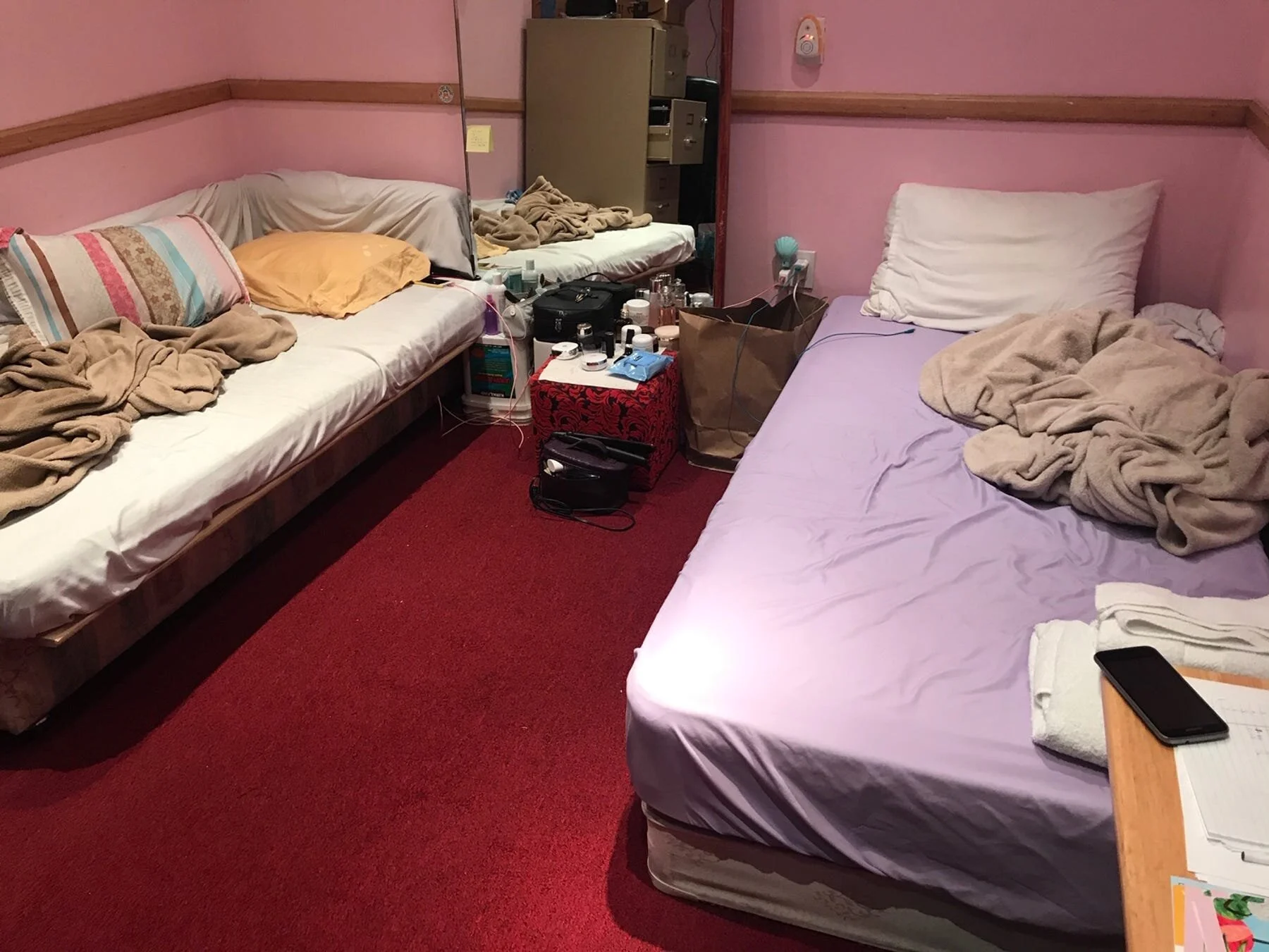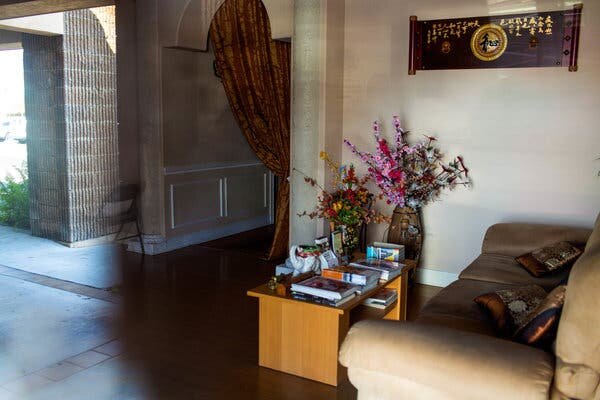Human Trafficking Might Be Happening in Your Neighborhood: How to Spot Illicit Massage Parlors
Sex trafficking can sound like something that only happens in faraway places where the laws are lax and people are desperate. It’s a nightmare to imagine that greedy people would coerce women to perform sex acts in “developed” countries where we should have the resources to protect innocent people.
But human trafficking could be happening closer to home than you think; Illicit Massage Businesses (IMB), a source of rampant trafficking, operate throughout the world.
Across the United States, there are an estimated 7,000 to 9,000 IMB establishments. A report from the International Labor Organization estimates that 4.8 million people worldwide are exploited in the illegal commercial sex industry (children accounting for more than a fifth of this number).
Ironically, the IMB industry makes use of the internet to attract customers on public search sites functioning like any regular online clothing catalogue. These websites allow customers to search for their desired services and even the body type of their female “service provider” by city and state. With the same cold criticism one might apply to a product purchased on any online store, customers are able to read and write reviews of their “products and services” right down to the appearance of the woman and her performance, as though she were an electric back massager and not a human being in a dire situation.
These IMB establishments are located everywhere and find ways to attract as little attention as possible.
In 2017, 41 spas were raided in Florida and one IMB was found operating right next door to a Montessori school.
While the law has long punished prostitution, a conviction for sex trafficking is harder to come by. Victims are typically subject to punishment rather than aid, while traffickers are often able to walk away and restart their businesses elsewhere. In the report regarding the 41 spas raided in Florida, 500 people were charged for human trafficking violations and only 15% were convicted. The same report notes that 13 of the 41 parlors involved in the mass raid are still in operation as massage parlors.
The IMB industry brings in an estimated $2.5 billion per year in the United States alone.
In a “business model” where employees provide an expensive service and are not paid, the amount of money to be made is obscene.
Many women answer a vague ad that promises a great deal of money with few details about what the job entails. In one report from the New York Times written earlier this year, a 49-year-old immigrant fell victim to this con and found herself working in an IMB in Flushing, NY (sometimes for violent clients), deeply in debt to her trafficker. Not only did she not receive the thousands of dollars listed in the job ad, but her trafficker charged her $10 per day to sleep on a couch located within the strip mall parlor where “rats nibbled on her food.”
The massage parlor in Jupiter, Fla., where the New England Patriots owner, Robert Kraft, was charged for soliciting prostitution.
Credit - Saul Martinez for The New York Times
Among the greatest challenges in breaking up IMBs is the inherent changing hands of “management.” Relocation of an IMB business is easy along these interconnected channels of criminal activity.
Ownership of a parlor may change hands following law enforcement sniffing around their place of business; this makes prosecution efforts difficult. Shutting down one establishment rarely cuts off a cycle of criminal activity. Connections between IMBs make it easy to pick up a new location and start over again. Other criminal activity is often funneled through these businesses to include money laundering.
The women exploited in these businesses are often warned against speaking to law enforcement and are rarely cooperative with their legal representation. These warnings may come in the form of threats against their families in their home country or other forms of violent coercion.
Here’s how to spot an IMB, how to go about reporting an IMB, and how to advocate for victims.
If you observe the following, you may have located an IMB:
Massage prices listed much lower than the industry standard
Women who appear to live in a massage parlor
Locked front doors or entrances in the back of parlor building
Covered windows
Unfortunately, raids are not the most effective tool in ending this form of human trafficking. While it’s important to report what we see, to effect real change, we must also:
Advocate for protective laws regarding massage businesses on a local scale.
Call out the press when the victims are painted as criminals,
Talk about what you’ve learned and call out “jokes” about “happy endings” - and just how real the danger is for victims.
Further Resources:
About the Author
G Okuma started writing her dreams and fictional court cases at age 6. Her long-term collaborative relationship with words led her to the College of William & Mary and eventually to freelance writing. Aside from assisting clients with online content, she's learning to garden in the highland desert of the southwest, advocating for human and animal rights, writing letters to those seeking an act of friendship on Instagram (@dear.little.g), practicing and teaching yoga, and exploring art and life with her husband and two cats.





